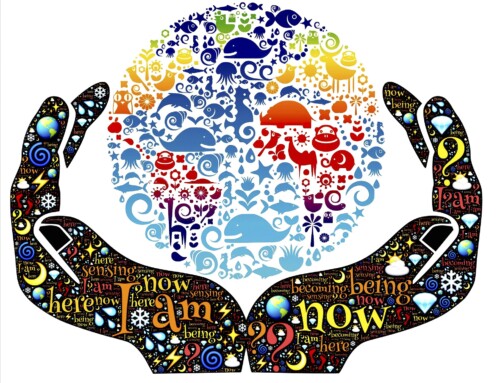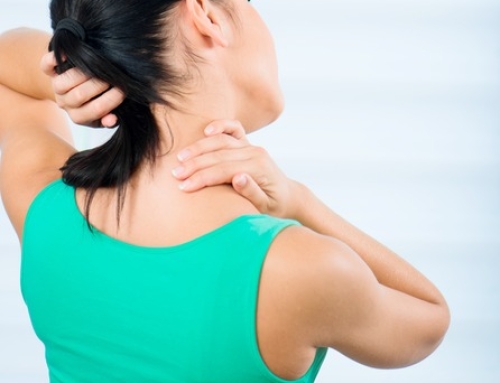Chinese medicine has been used to treat seasonal allergies for centuries with great success. The principle of the treatment is to balance organ energy, which helps to reduce antigen/antibody reaction; it also helps to balance/strengthen the immune system, and unblock energy pathways.
What are Seasonal Allergies?
A seasonal allergy is an allergic reaction to certain substances that occur in certain seasons. The most common seasons for allergies are the spring and fall. Common symptoms are similar to hay fever or allergic rhinitis; some people have stomach and eye symptoms, as well as breathing problems. About 26 million Americans endure chronic seasonal allergies, while the number of people with milder symptoms may be as high as 40 million, according to the National Center for Health Statistics.
Most people have symptoms in spring, some in fall. Seasonal allergies are caused by the body’s hypersensitivity to substances in the environment. In Chinese medicine, it is explained as a disharmony of organ energy; this disharmony affects the immune system therefore the body becomes hypersensitive to certain allergens. The organ disharmony can be lung, spleen, liver, or kidney. Stress, wrong diet, poor life style, or genetic predisposition can increase this organ disharmony.
People can choose to be treated with medication or with Chinese medicine. Western medications can treat the symptoms of seasonal allergies, whereas Chinese medicine in many cases can cure the allergy. If a person cannot tolerate the side effects of medication, then using Chinese medicine is an alternative. If somebody is afraid of needles, there are other ways Chinese medicine can be used to treat allergies, such as Chinese massage, herbal medicine, auricular therapy and food recommendations. Management of stress is also important.
One study recently published in the American Journal of Epidemiology showed that acupuncture can significantly relieve allergic rhinitis symptoms.
Another study that was published in Allergy: European Journal of Allergy and Clinical Immunology found that hay fever sufferers who received weekly acupuncture treatments and took three daily doses of medical herbal tea showed fewer symptoms and were less likely to say their hay fever was infringing on their daily activities than people who received placebo treatment.
I suggest that people who have seasonal allergies should try Chinese Medicine. One of the best things about Chinese medicine is there are no side effects.






